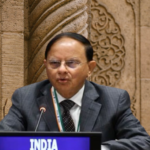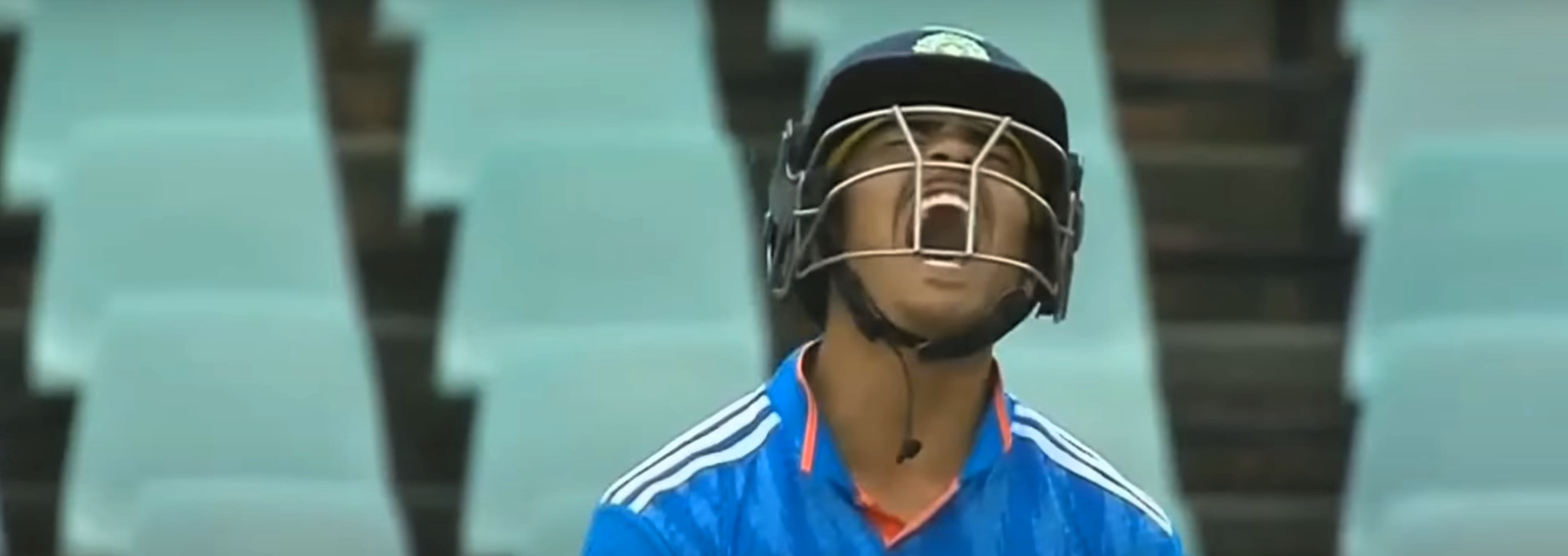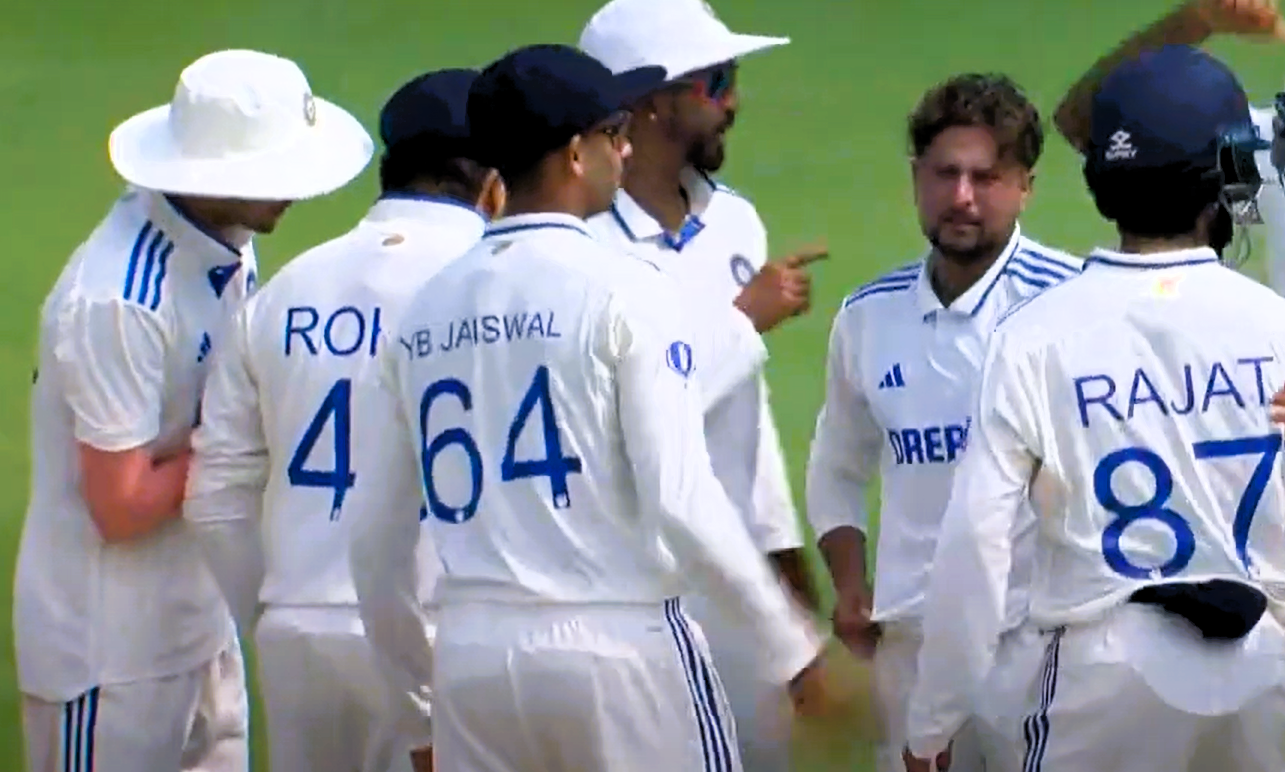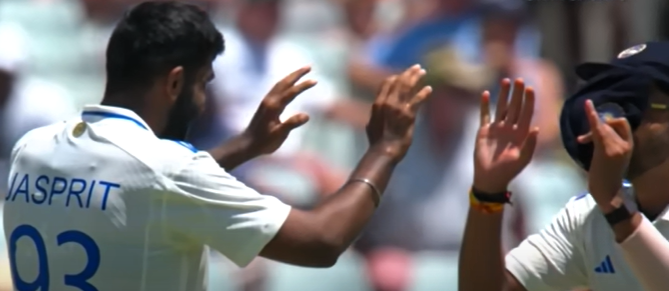U-19 World Cup: Australia Shatters Records in Final Showdown
In Benoni, South Africa, Australia breaks the tournament record for highest final score as the Indian batsmen struggle, losing by 79 runs.
U-19 World Cup: Australia's Dominance Transcends Past Records
It no longer matters how Australia performed against India in the past when they were under-19, including their ten-match winning streak and their two World Cup final appearances. As seen by their recent victory over India in high-profile competitions, Australia is currently performing better in important finals. Beyond youth cricket, the senior Australian team has demonstrated its superiority by defeating India in major competitions like the World Cup and the World Test Championship last year.
Australia’s teenage players celebrated joyfully on Sunday as they defeated India, the five-time champions, by a decisive 79 runs to win the 2024 U-19 World Cup at Willowmoore Park in Benoni, South Africa. Australia now has four U-19 World Cup titles under their belt, second only to India in terms of total wins, following this triumph. This victory was made possible by a strong…
Australia had an incredible batting performance, scoring the most ever in a U-19 World Cup final with a total of 253/7. Harjas Singh spearheaded their attack, scoring a vital 55 runs off 64 balls at number four. Five years after his parents moved from Chandigarh to Sydney, where he was born into a Sikh household in 2005, Harjas’s impressive performance was unexpected given his low scoring total of 39 runs in six prior games. India was confronted with the difficult job of getting off to a great start in their run chase while the Australian batters settled into a rhythm.
India lost Arshin Kulkarni early on and scored just three runs in the third over, so the early going wasn’t good for them. When Charlie Anderson’s delivery was edged by Musheer Khan, who had not yet opened his account, to first slip, where Harry Dixon seized the chance, things could have quickly gotten out of hand. When Musheer skillfully drove a pair of deliveries down the ground for boundaries, it seemed that luck might be on his side. But soon after, he was inside-edged onto his stumps by a ball from the mustachioed Mahli Beardman, and his luck quickly turned against him.
In the semi-final match against South Africa, India rallied from a vulnerable 32/4 to a target of 245 thanks mainly to the heroics of captain Uday Saharan and Sachin Dhas. In the end, these pair once again carried the weight of India’s hopes and dreams. Their expectations were short-lived, too, as Saharan and Dhas left within 14 deliveries. Similar to Hugh Weibgen of Australia, Saharan made the mistake of playing an aerial square drive to backward point, which allowed Beardman to take his second wicket.
Dhas was caught off guard by Australian spinner Raf MacMillan’s initial ball as he was waiting for a turn that never came. Aravelly Avanish and Raj Limbani were also dismissed by MacMillan, demonstrating his continuous control. Adarsh Singh, the opener, bravely batted, scoring a solid 47 off 77 balls, and Abishek Murugan, batting at No. 8, late-stage fireworks with a blistering 42 off 46 deliveries. But by then, the match’s fate had already been determined, so the outcome was certain.
Beardman won Player-of-the-Match after registering impressive stats in his 7 overs, taking 3 wickets for just 15 runs. Sunday’s performance by India’s bowlers was not as impressive as it had been in the past. Even though Raj Limbani’s inswinging delivery dismissed Sam Konstas, giving the Indian bowling unit an early lead, Weibgen and Dixon’s partnership proved difficult to contain. After that, they established a strong 78-run partnership that solidified Australia’s lead in the game..
With hopes of becoming the next David Warner, Dixon, a left-handed batsman noted for his aggressive style, signed a Big Bash League (BBL) deal last September. He immediately raced to 15 runs off of only seven deliveries. However, after Weibgen took command of the attack, his rate of scoring decreased. Because of Weibgen’s weakness against left-arm spinners in past games, Indian captain Saharan brought Saumy Pandey and Musheer into the bowling attack within the first ten overs. However, this time around, the Australian captain showed better footwork and confidence. Australia’s two in-form batsmen, with their partnership flourishing, took their team to a total of 87/1 after 20 overs.
The Indian captain then turned to left-arm pacer Naman Tiwari, who had earlier given up 15 runs in his first over. At first, Tiwari seemed open to more leaks, but Dixon welcomed him back into the offensive by setting a barrier. But the pacer swiftly changed the course of events. Weibgen was first dismissed by Tiwari, who used an around-the-wicket angle. Then, in his next over, he misled Dixon with a knuckleball, which caused Murugan, who was at cover, to cut quickly to his left and make an incredible catch.
The dismissals of Australia’s batting mainstays, Weibgen and Dixon, caused a collective sigh of relief in India. This response made sense, especially in light of the Australian middle-order’s very low results before the final. Harjas, though, had other ideas. With the backing of the Australian team management, the left-handed batsman proved his mettle in crunch time in the championship game. After getting over his initial nervousness, Harjas disclosed the skill set that attracted the notice of famous coach Neil D’Costa, who has coached cricket players like Marnus Labuschagne, Phil Hughes, and Michael Clarke, among others.
Harjas showed that he liked India’s spinners as he hit the ball over the boundary three times with perfect timing. Taking advantage of Moliya’s half-time off-breaks, he confidently stepped out to smash the ball over long-on for a maximum, which was his maiden six. Harjas’s onslaught also affected Murugan, another off-spinner, who was hit for sixes over midwicket and wide long-on. Even though Pandey eventually dismissed Harjas leg-before, it was too late; he had turned the tide in Australia’s favour.










